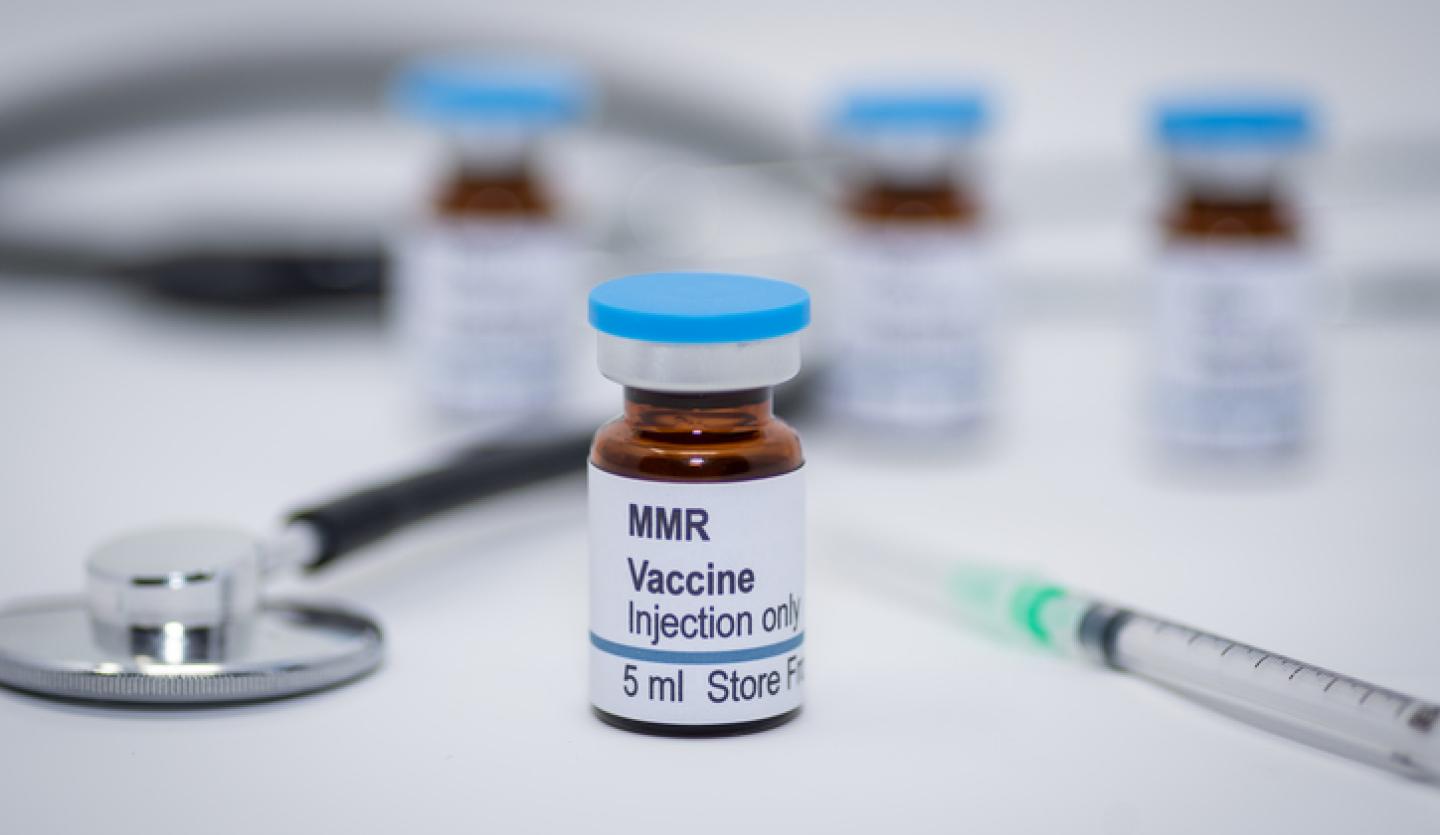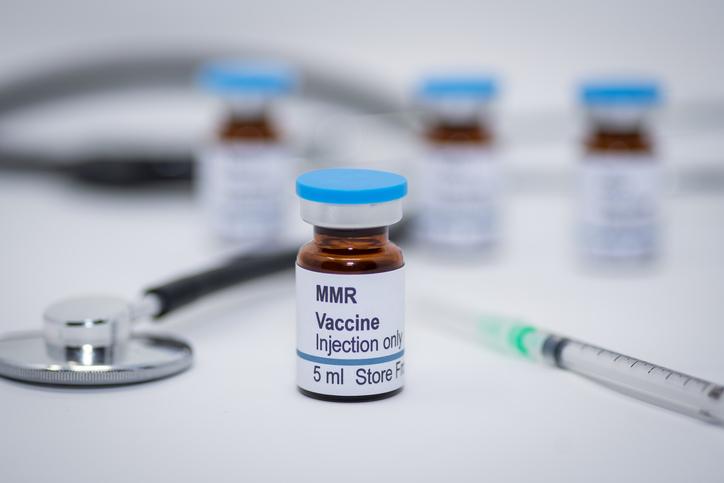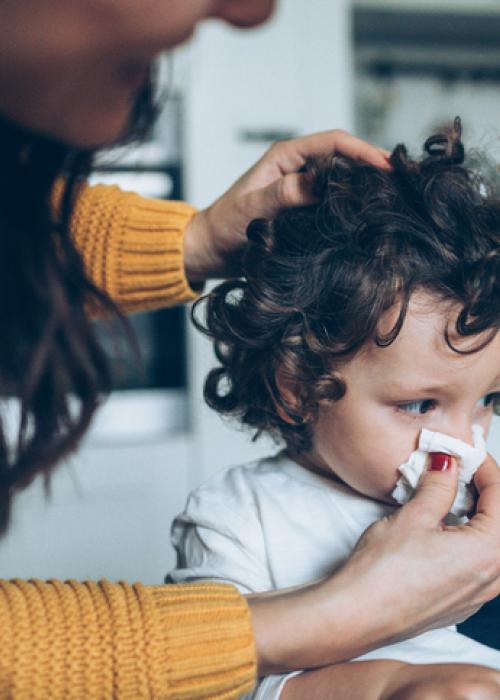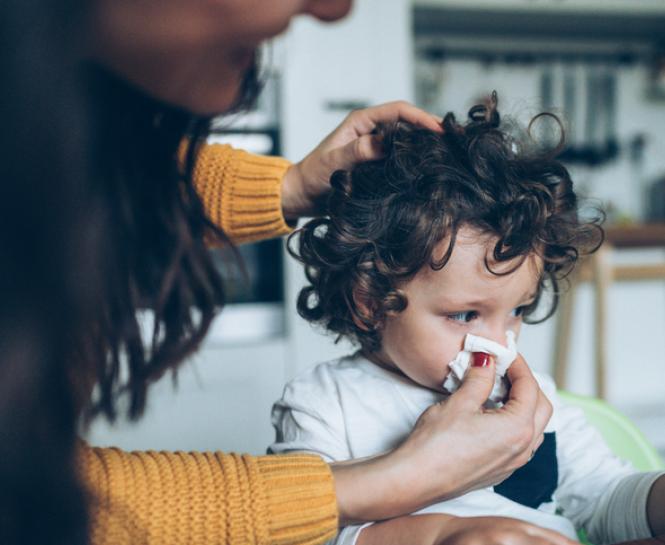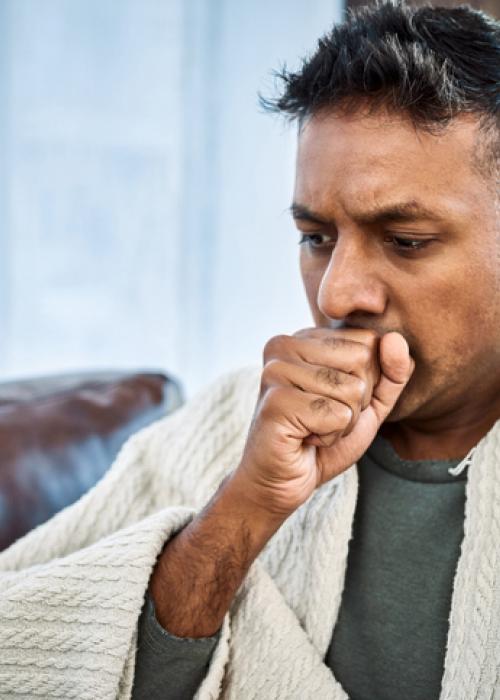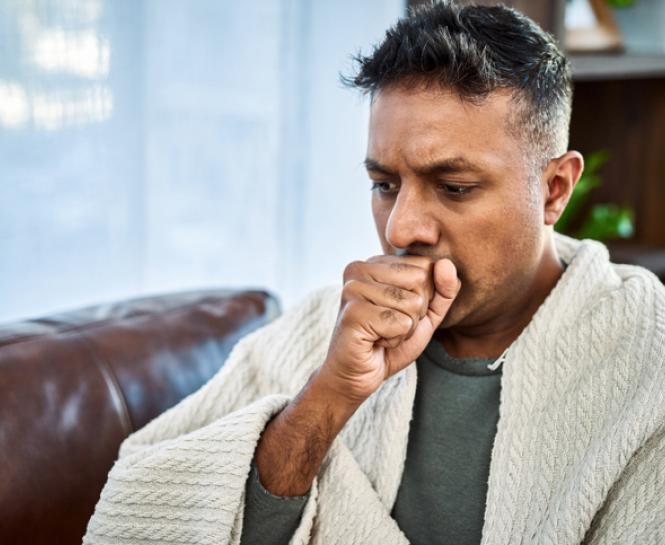“The recent outbreak of measles is bringing awareness to a virus that is so highly contagious it can survive in the air for up to two hours after an infected person leaves the space,” said Nancy Lynn Uythoven, MD, Catholic Health Pediatrician.
Dr. Uythoven explained that there is no specific treatment or antiviral therapy for measles, making prevention vital to stop the disease's transmission. “Getting the measles vaccine remains the best way to protect against measles,” she said.
What is measles?
Measles is a highly contagious virus that moves easily from person to person. If one person has it, up to 90% of the people around them who are not immune can get infected. You can get it by breathing in the virus or touching your eyes, nose or mouth after touching an infected surface.
What are the symptoms of measles?
Measles has many symptoms. The most common symptom, the measles rash, appears three to five days after your first symptom. The rash looks like flat, red spots that start near your hairline and gradually travel down the rest of your body.
Symptoms typically appear seven to 14 days after contact with the virus.
“This delay means the disease often spreads before a person knows they are sick,” said Dr. Uythoven.
Symptoms of measles include:
- Cough
- High fever
- Rash
- Red/watery eyes
- Red rash that spreads over the body
- Runny nose
What are the complications of measles?
The most common measles complications include ear infections and diarrhea. Severe complications of measles include:
- Blindness
- Brain swelling
- Death
- Pneumonia
Who is at risk for measles?
Anyone who has not received the Measles, Mumps and Rubella (MMR) vaccine is at risk of getting measles.
If you are unvaccinated, you have a 90% chance of getting measles if you are exposed. Young children, pregnant people and unvaccinated people with poor immune systems are at the highest risk of severe complications from the virus. Even if you do not fall into one of those categories, you are still at risk for health problems.
Is there a measles outbreak?
As of spring 2024, multiple states and cities in the United States have identified a high number of measles cases. Doctors have reported more measles cases in the U.S. so far this year than in all of 2023. Long Island, New York City and New Jersey have reported cases.
According to the Centers for Disease Control and Prevention (CDC), seven outbreaks (three or more cases in a specific area) have occurred in the U.S., and more are happening globally. This rise prompted the CDC to issue a national warning about the spread of the virus.
What is causing the measles outbreak?
According to the CDC, fewer people were vaccinated against the disease, which caused the latest measles outbreak. Many people missed scheduled vaccinations during the COVID-19 pandemic. Most cases occurred when unvaccinated people traveled overseas to an area where the disease was present. When the unvaccinated travelers returned to the U.S., they spread the virus to others.
A successful vaccination campaign eliminated measles across the U.S. in 2000. However, states still report cases each year. The last outbreak was in 2019 when 31 states reported cases.
Does New York State require a measles vaccination?
In New York State, children must have the MMR vaccine before they enroll in a public, private or religious school. This requirement also covers daycares and pre-kindergarten programs. Since 1990, college students in New York State must also show proof of immunity to measles, mumps and rubella.
You are considered vaccinated from measles if born before 1957 or can provide proof of immunity from a lab.
How can I avoid getting measles?
The best way to avoid getting measles is to be vaccinated. The MMR vaccine protects you from measles, mumps and rubella.
Doctors recommend two doses of the vaccine for children and adults to ensure immunity. Allow at least 28 days between doses. Children should receive their first dose between 12 and 15 months old. The second dose is usually given between ages 4 to 6. If your child travels internationally from a young age, they can receive their first dose between 6 and 11 months. After this, you should follow the traditional two-dose vaccine schedule for children.
If you do not know if you have received a vaccine, your physician can perform a tither test, which is a blood test that checks for antibodies. If you travel to another country, you should receive the MMR vaccine before your departure date.
“Getting the vaccine not only protects you but also those around you, especially those most vulnerable and at risk for catching the virus, namely infants and older adults,” said Dr. Uythoven.

